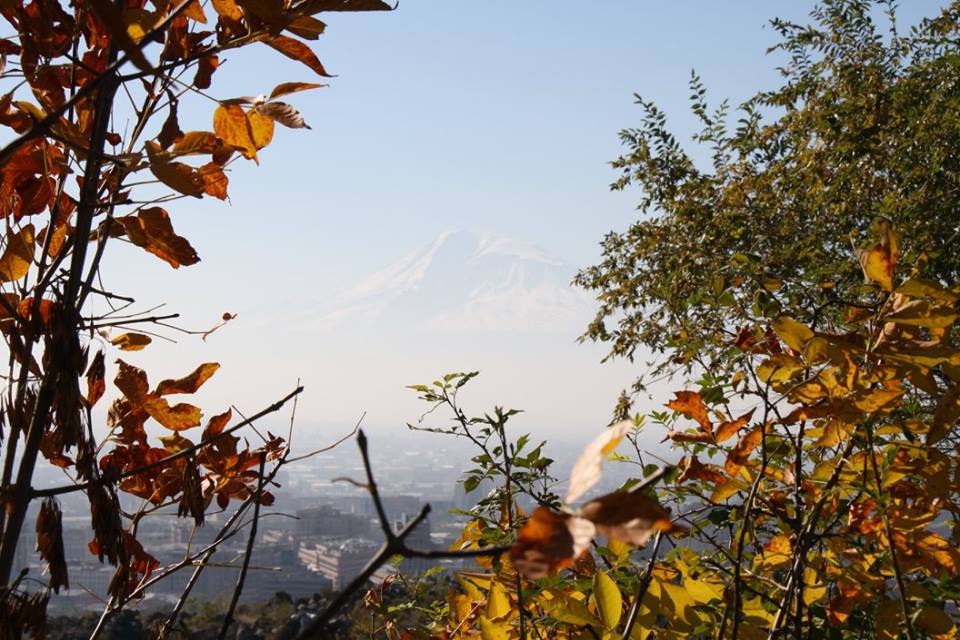- 08November 2015

When I was little, every kid I knew came from somewhere… a hometown they were usually proud of. All of them, but not me. Not that I was adopted, no. I was born to an Armenian father and a Lebanese mother. My great grand father was killed in the 1915 genocide in a town called Urfa in Western Armenia that was seized by the Turks back then and remained in Turkey afterwards. My grandfather, 33 years old at that time, saw his father being slaughtered by the Turks and fled with his brother on their horse to Lebanon. En route, they fought starvation and defied thirst by drinking the horse’s urine. Once in Lebanon, they separated; my grandfather went to Egypt while his brother went to Syria. That was the last time they saw each other. In Egypt, my grandfather married my grandmother, a Lebanese-Syrian girl who gave birth to 12 children, only three of them survived. Despite the hardships and the genocide trauma, he lived his life fully and died at the age of 86. But as a genocide survivor and unlike most Armenians who were attached to their roots, my grandpa chose to protect his children from potential prosecution and chose not to teach them Armenian. My dad was born in Egypt in 1932 and at the age of 33 he moved to Lebanon and was consequently naturalized. He was registered in Saifi, Beirut, one of the fault lines between Eastern and Western Beirut during the civil war. To me Saifi was just like Urfa, a place that I will never call home. But then everything changed. I had recently discovered that Armenia is one of the very few countries that allows Lebanese passport holders visa-free access. It was a two-hour flight, with affordable hotels and I needed a quick getaway. As I prepared for the trip, researching attractions and reading about the history of the country, my enthusiasm quickly topped my usual eagerness for discovering new countries. It wasn’t any country, it was the country that my ancestors fought for and lost their loved ones in. I wanted to go and see, I wanted to learn how they overcame the atrocities and what made them so resilient. And so I went, I saw, and it conquered me… The pictures alone can not entirely do justice to the wonderful sceneries, the rich and moving history and to the amazing faces and great people of Armenia. With all due respect to my fellow Lebanese who also call themselves resilient, resilience should be taught by Armenians! Because resilience is not emigrating and visiting your country during summer and on holidays, it is rather investing in your country while living abroad. It is not partying in a calmer part of your country when the other part is war-torn, it is protecting your identity and preserving your authenticity. Every community reacts to the sufferings in a different way, Armenians chose creativity, perseverance and industriousness… and this made me very proud to be Armenian…
